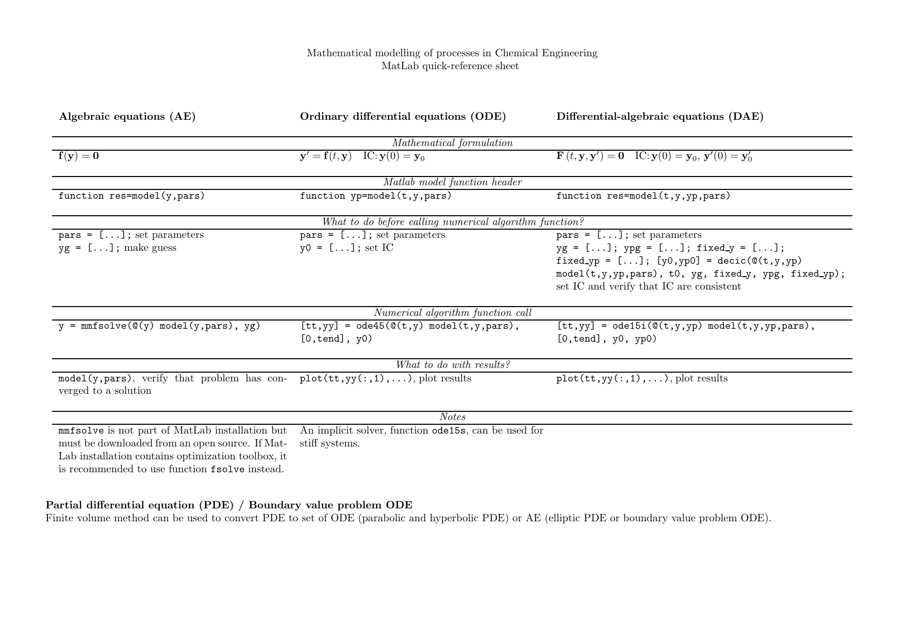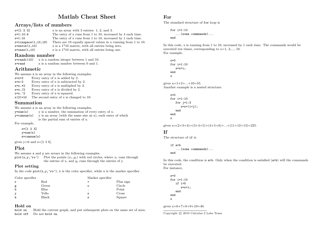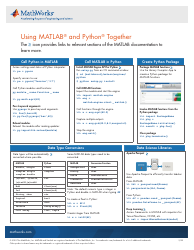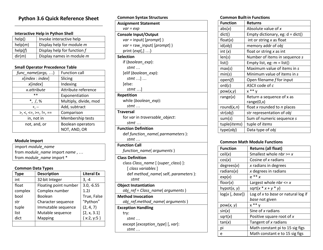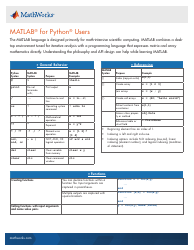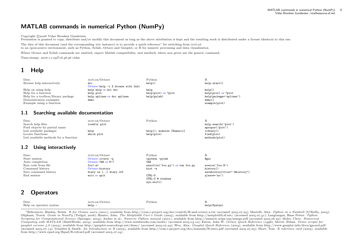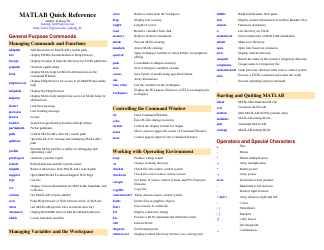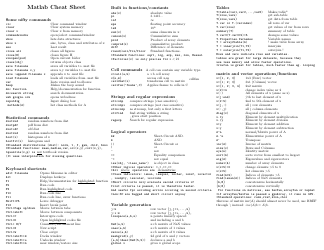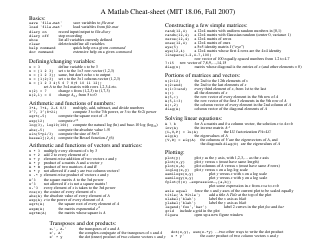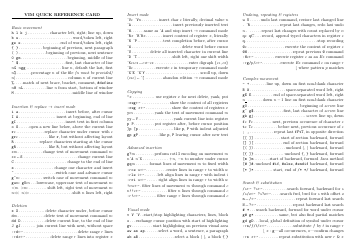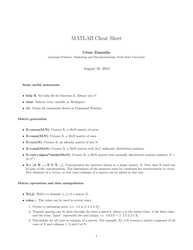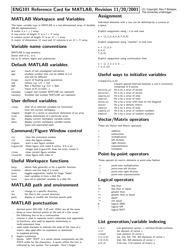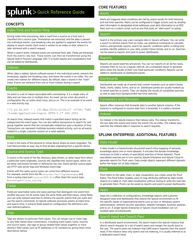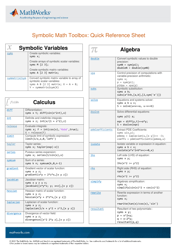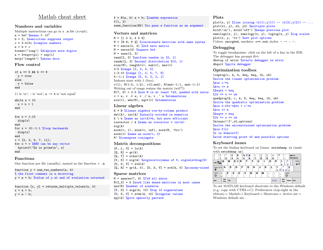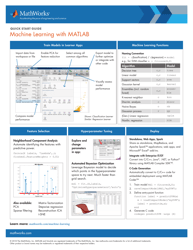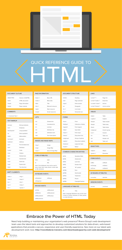Matlab Quick Cheat Sheet
The Matlab Quick Cheat Sheet is a reference guide that provides a summary of commonly used commands and functions in Matlab. It helps users quickly access and remember important syntax and functionality when working with Matlab.
FAQ
Q: What is Matlab?
A: Matlab is a programming language and environment used for numerical computations and data analysis.
Q: What are some basic Matlab commands?
A: Some basic Matlab commands include: 'help' to get help for a specific command, 'clc' to clear the command window, and 'clear' to clear the workspace.
Q: How do I create a variable in Matlab?
A: To create a variable in Matlab, you can simply assign a value to it using the '=' operator, for example: 'x = 10'.
Q: What is a Matlab script file?
A: A Matlab script file is a file with a .m extension that contains a series of Matlab commands. It can be executed all at once.
Q: How do I plot data in Matlab?
A: To plot data in Matlab, use the 'plot' command, providing the x and y values as input. For example: 'x = [1, 2, 3, 4]', 'y = [3, 7, 2, 9]', 'plot(x, y)'.
Q: Can Matlab be used for image processing?
A: Yes, Matlab has built-in functions and toolboxes for image processing. It can be used for tasks like image enhancement, segmentation, and analysis.
Q: Is Matlab available for free?
A: No, Matlab is a commercial product. However, there is a free alternative called Octave that is compatible with Matlab syntax and can be used for most basic tasks.
Q: Can Matlab be used for machine learning?
A: Yes, Matlab provides a comprehensive set of tools and functions for machine learning and data analysis tasks. It has built-in functions for tasks like classification, regression, and clustering.
Q: What are some alternatives to Matlab?
A: Some alternatives to Matlab include Python with libraries like NumPy and SciPy, R, and Julia. These languages offer similar functionality for numerical computations and data analysis.
